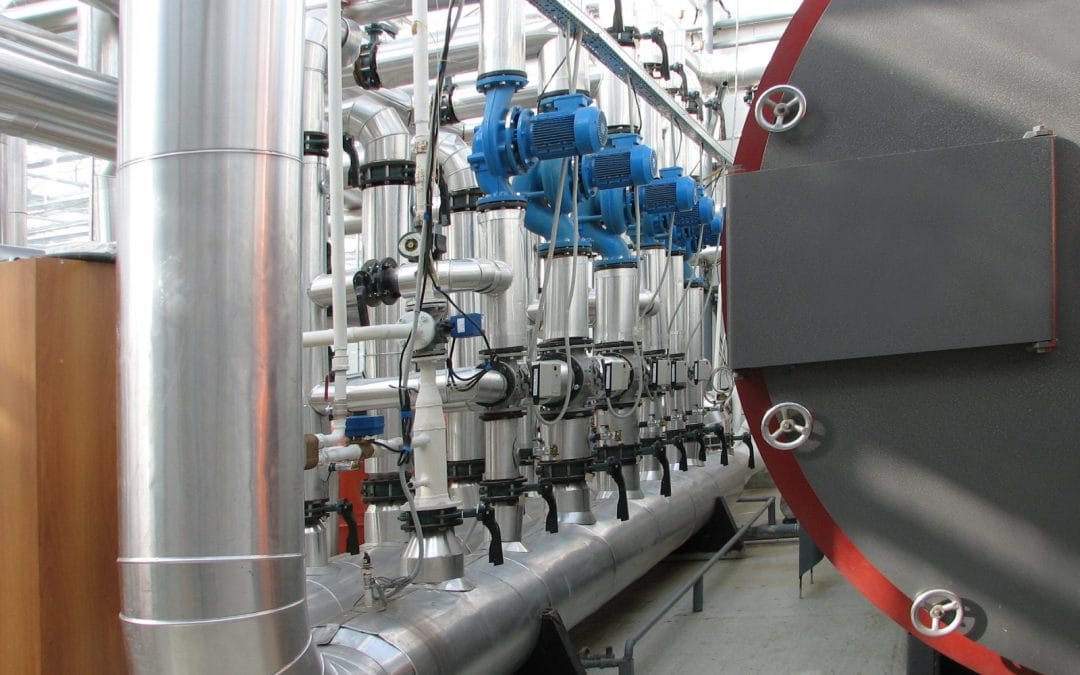For many people, the most affordable way to heat their homes is an efficient, well-maintained natural gas boiler that is repaired whenever there is an issue and replaced when that is no longer viable.
Whilst there are alternatives available, such as heat pumps and electric boilers, they have not reached the point that they are the best option for everyone, particularly those who are perfectly happy with their gas boilers, and the easing of boiler bans as previously reported by The Guardian have been welcomed.
Most houses in the UK were built with boilers in mind, and retrofitting them for a completely new heating system could be expensive and counterproductive.
This has led to the question of replacing natural gas with hydrogen gas as a potential like-for-like swap in the future. Five years ago, this was seen as a pivotal part of the future of heating, but this has increasingly been called into question and faced setback after setback.
What are the barriers holding hydrogen boilers back, and can they be fixed in such a way as to make them a viable replacement for gas boilers?
It Is Not A Like-For-Like Swap
When hydrogen boilers were initially proposed as a serious alternative to natural gas, the belief was that it would be relatively simple to fit one in place of a natural gas boiler. They both work by burning a gas to generate heat which boils water.
However, the similarities between 100 per cent natural gas and 100 per cent hydrogen end there, and a lot of fundamental changes to the pipework and components will be required to make that final switch.
Whilst a 20 per cent blend is viable with most modern boilers and some boilers are already being marketed somewhat dubiously as “hydrogen-blend ready”, the final switch would require a time-consuming and expensive process from a qualified engineer.
Exactly how this swap will look is, as of 2025, still somewhat uncertain, with no proposed standard as yet for either the boilers, the changes that will need to be made to people’s homes or how a switch will be made to the National Grid from a hydrogen blend to pure hydrogen.
Hydrogen Boilers Would Need Major Changes
On a fundamental level, hydrogen boilers work like gas boilers or any other fuel burner, but in practice, as an Eco Standard report demonstrates, far more would need to change on a technical level.
Alongside bigger pipes, burners would need to be replaced, flame detection systems would need to work more quickly, valves and seals would need to be replaced, as potentially would gas meters, heat exchangers, the size of boilers, operating pressures and nitrogen detection and reduction systems.
Also, the exit flue system might need altering and an odorant such as mercaptan would need to be added for safety reasons to help detect leaks.
Difficulties In Running A Large-Scale Trial
Multiple hydrogen community trials have been cancelled over concerns and objections by residents on safety and long-term viability grounds, and this has caused significant delays to any attempts to highlight how hydrogen would work in practice.
This is something that could be fixed, but two years after the last trial was cancelled, there have not been any plans for a further hydrogen village scheme, which suggests that more development is needed to make the fuel source viable.
Pipes needed to be resized, ventilation holes needed to be added into homes and there were concerns that following the trial the communities involved would be left in a state of heating limbo.
Not Every Hydrogen Gas Is Equal
Hydrogen gas can be generated in multiple ways, including through a process known as electrolysis where water is passed through an electrical current, but the most common form of hydrogen gas comes from the steam reforming of natural gas.
This makes exploring the environmental impact of hydrogen gas as a heating solution far more difficult than it initially looks, and could in some cases make a highly efficient natural gas boiler a better solution until more efficient ways of generating green hydrogen are developed.
It Is An Expensive Option
The biggest case against heat pumps at present is that they are expensive in many cases to install, given that they require a time-consuming and costly retrofitting process.
However, the cost is also a significant barrier facing hydrogen boilers, in terms of buying the boilers themselves, the cost of converting your home once a standardisation process is agreed and the cost of hydrogen gas itself.
It could potentially triple the cost of natural gas and whilst this price would inevitably drop as green production systems scale up and a decision is finally made as to the role of hydrogen, there are serious concerns that it would at no point be cheaper than heating via natural gas.

